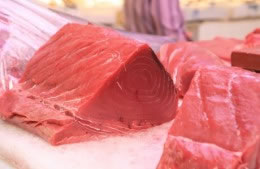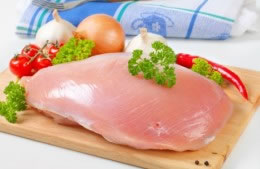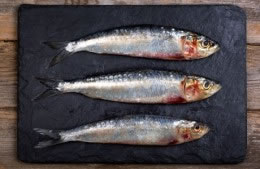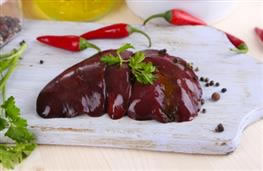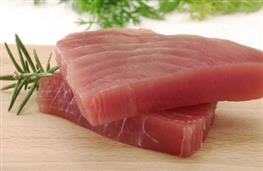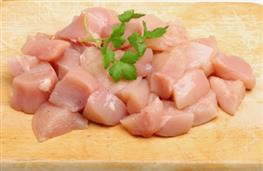Niacin (B3)
Health benefits of Niacin (B3):
Contributes to your energy creation, mental health, nervous system function and to the reduction of tiredness and fatigue and may play a role in cancer prevention
The Worlds Science
See the bottom of this page for the ingredients highest in niacin
What is niacin?
Niacin is a water-soluble vitamin, which is also known as nicotinic acid or vitamin B3.
What is niacin?
Niacin is a water-soluble vitamin, which is also known as nicotinic acid or vitamin B3.
Why does it matter to me?
- Niacin is thought to contribute to the way our nerve and immune cells communicate with each other, enabling them to work together in a co-ordinated way1,2.
- Niacin is used by cells to generate energy and therefore helps to reduce fatigue8.
In vitro and in vivo studies, (studies done in in test tubes and animals respectively), show that niacin plays an important role in DNA repair and stress response, suggesting a role for niacin in cancer prevention3.
A large case-control study of humans showed that an increase in niacin intake, along with other micronutrients, was associated with a significant decrease in cancers of the mouth, throat and esophagus4.
Niacin and corn
Corn has high levels of niacin that are 'bound' and not available to the body, however pre-soaking corn in lime juice renders the niacin available to the body (alkalising, which is also done to prepare grits)7.
What happens if I don’t get enough?
There is some evidence to suggest that low levels of niacin may be linked to several mental health issues such as Parkinson’s disease5 and certain forms of dementia6.
Niacin deficiency leads to many problems with the skin, digestive system, the nervous system and in extreme cases can result in death.
Niacin deficiency leads to many problems with the skin, digestive system, the nervous system and in extreme cases can result in death.
Review date: 2/9/2022
Next review date: 2/9/2023
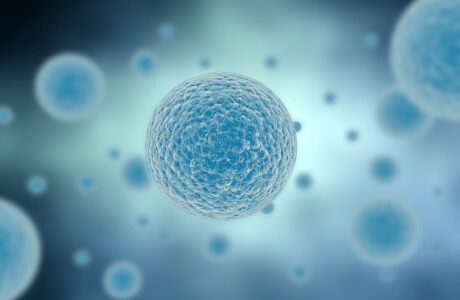
291
445
https://www.checkyourfood.com/content/blob/Micronutrients/top-foods-for-Niacin-B3.jpg
Top 6 ingredients for Niacin (B3) taking into account portion size and cooking retention factors
Filter ingredients by:

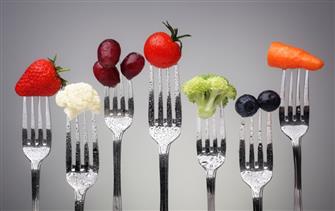 About nutrients
About nutrients
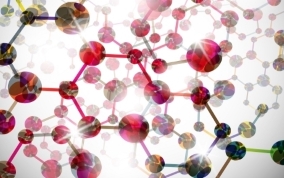 All nutrients
All nutrients
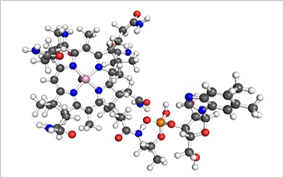 vitamins
vitamins
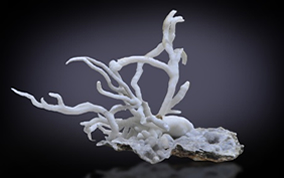 minerals
minerals
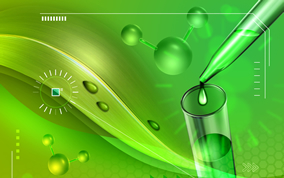 phytochemicals
phytochemicals
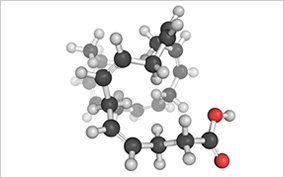 fatty acids
fatty acids
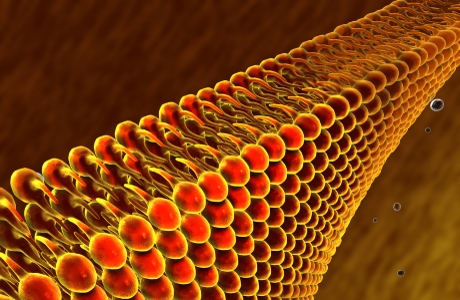 macronutrients
macronutrients
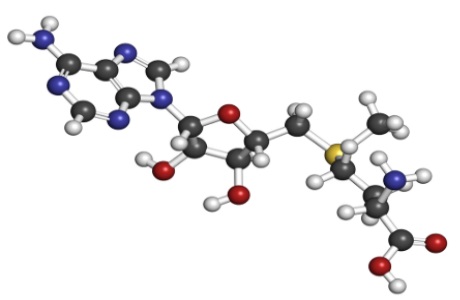 amino acids
amino acids
